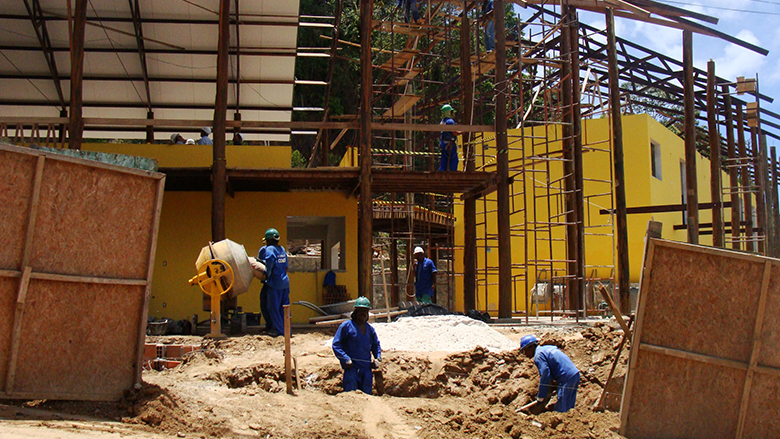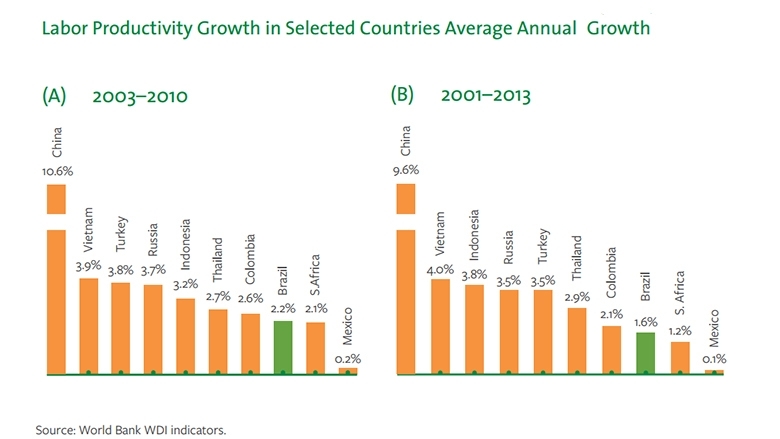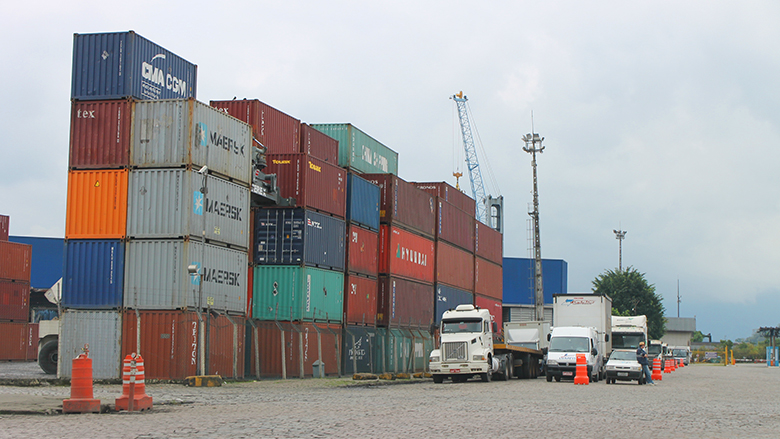Essentially, the average income of a country is defined by a single word: productivity - which means the amount of goods and services produced in an economy divided by the number of people who produce them. Of course, the way corporate profits are distributed and the percentage of people working are also important. However, in a scenario where these two elements remain relatively unchanged, analyzing productivity is crucial to understanding how countries get rich.
And what is the level of productivity in Brazil? It is low, according to a new document by the World Bank entitled Systematic Country Diagnostic (SCD). The report shows that Brazil's productivity grew by only 1.6% / year between 2001 and 2013. By comparison, China and Russia - also considered emerging economies - saw their productivity rates rise by 9.6% and 3.5%, respectively.
Considering these problems in productivity, why is it that Brazilians feel like their income has increased in the last decade?
According to the SCD, this can be explained by high commodity prices (soybeans, for example), which drove up wages faster than productivity could rise. Between 2003 and 2014, while the minimum wage in Brazil increased by an average of 68%, the productivity rate per employee increased only 21%.
Another assessment shows an average GDP growth rate of 4% per year between 2002 and 2010 and attributes two-thirds of this increment to an increase in the labor force. Only one third was attributed to increased productivity.
People became wealthier and increased their rate of consumption, but Brazil also became more expensive and less competitive overall during that period.
Productivity is essential for long-term income growth
With falling commodity prices, wage growth has become unsustainable without an increase in productivity, thus affecting employment rates and the economy as a whole. Other aggravating factors are changes in fertility rates (which are experiencing a decline) and in life expectancy - meaning that Brazilian society will age rapidly over the next two decades, with an impact on the available labor force.
As such, the only way to restore growth, preserve social gains and further improve the living standards of Brazilians (short of waiting for commodity prices to rise) is by increasing productivity.
Increasing productivity does not mean raising the unemployment rate or doing more with fewer people; it is about improving the quality of labor and the products and services provided.
“In any company you can think of, wages are paid with the revenue derived from items sold. Companies that sell more can offer better wages," explains Martin Raiser, World Bank Country Director for Brazil and author of several studies in this field.
Productivity grows when companies invest and innovate
Brazil's low productivity rate is not a result of the number of working hours clocked up by the population - an average of 44 per week - but of a series of interconnected factors. These include infrastructure quality, the cost of doing business, efficiency of the financial sector and openness to trade.
These factors increase the cost of investments and hamper access to new technologies, thus leading to less innovation and lower productivity growth. “For an economy ranked among the 10 largest in the world and with aspirations of becoming a Latin American superpower, it is quite worrisome to see Brazil's standing in competitiveness, business environment and logistics performance remain in the lower half of the global distribution" states Raiser.



